|
With this year’s U.S. Supreme Court term now complete, we are pleased to report that Empirical SCOTUS has determined that Protect The 1st ranks 6th in the nation in the filing of amicus briefs.
Only five organizations, which included the U.S. government and the U.S. Chamber of Commerce, filed more briefs. In a little more than one year, Protect The 1st has proven to be competitive and effective in terms of wins as well as in terms of volume. Much of the logic and actual language offered by Protect The 1st appeared in five winning cases — FEC v. Cruz, Ramirez v. Collier, Carson v. Makin, Kennedy v. Bremerton School District, and Shurtleff v. Boston. In each instance, Protect The 1st anticipated the Supreme Court majority’s reaction against sudden and dramatic curtailments of the freedom of speech and religion. In FEC v. Cruz, the Court even cited Protect The 1st's brief. From post-election contributions to a coach denied personal prayer, to the religious rights of a prisoner on death row, to a Maine tuition assistance program denied to religious schools, to a public flagpole at Boston City Hall, we helped define restrictions in terms of First Amendment rights ranging from political speech to religious exercise. We are proud to have helped guide decisions to uphold constitutional rights in each of these landmark cases. Protect The 1st will build on these efforts, continuing to urge the courts to defend the five enumerated rights of the First Amendment for all Americans. Oklahoma law allows for individuals to bring a lawsuit if they believe someone has obtained an abortion or assisted someone in obtaining an abortion. This citizen-enforcement provision in Oklahoma’s strict abortion law is leading to a climate of fear in which individuals and institutions must curtail their speech – or risk becoming the targets of ruinous litigation.
Whatever one’s views on abortion – and members of Protect The 1st are pro-life and pro-choice – we all agree that empowering citizens to regulate what can and cannot be said with lawsuits is a remarkably bad idea sure to yield bad results. Case in point: In July, library workers in the Oklahoma Metropolitan Library System (MLS) were instructed not to provide abortion-related information to the public. The order follows a six-week abortion ban signed by Oklahoma Governor Kevin Stitt, as well as Oklahoma’s “trigger law” total abortion ban, which was activated after the Supreme Court in Dobbs overturned Roe v. Wade in June. The order pertains to potential liability concerns. One internal email reads: “If a staff member gives any information on how to obtain an abortion, then that person may be found personally liable and will also make MLS liable … Civil penalties include a $10,000 fine plus jail time and the staff member will lose their job due to being informed by MLS and disregarding the warning.” A library resembles a limited-purpose public forum in which librarians are tasked with answering (though not initiating) questions. The state government, as the manager, has the right to set the scope and character of employees’ actions in fulfilling that task. The problem with the Oklahoma law, whatever one thinks of abortion, is that it allows litigious individuals to define the acceptable limits of speech. Thus, this law clearly abridges the First Amendment. After the Supreme Court’s Dobbs ruling, state senators in South Carolina introduced legislation that would make it a crime to provide information over the internet or phone about how to obtain an abortion. It would also make it a crime to host a website that is “reasonably likely to be used for an abortion” directed at pregnant women in the state. On a different controversial topic, California just outlawed “marketing” guns to youth, which restricts speech centered around rifle and sports clubs for young people. Such efforts to regulate speech about any controversial topic are misguided and veer in the direction of a police state. Once restrictions on speech are regarded as acceptable, don’t be surprised when lawmakers on all sides wield them against political opponents. Protect The 1st praised the Tenth Circuit Court of Appeals for its reversal last week of a long-standing refusal to acknowledge a First Amendment right-to-record the police when they are going about their official duty. Just a few days before, however, the State of Arizona moved in the opposite direction by placing new restrictions on the right to record.
The new law allows police to charge people with a misdemeanor who record them from within eight feet. The law does make exceptions that include those in a vehicle or enclosed structure. But critics still call the law overly broad and note the importance of citizen recording, especially when police bodycams go on the fritz. The general counsel of the National Press Photographers Association says the law is “unworkable” because moving events like protests can bring journalists in and out of the eight-foot-range. An attorney with the ACLU in Arizona, K.M. Bell, told NPR: “This is content-based restriction, because I can stand three feet away from an officer and play Angry Birds, but I can’t stand three feet away and record them.” Civil liberties advocates say that they will likely challenge the law in court when the first person is charged after the law takes effect on Sept. 24, 2022. A federal court in Northern California has reaffirmed the need for holders of copyrights to clear Constitutional hurdles before they can use the Digital Millennium Copyright Act to identify a person behind an unattributed post. The decision reinforces First Amendment protection of anonymous speakers.
The case revolves around speculation about the romantic life of a private equity billionaire and a woman who appears with him in a photo. Twitter went to court to try to prevent the unmasking of the anonymous poster behind the tweeted images at its @CallMeMoneyBags account. A magistrate ruled that Twitter should disclose the identity of the user because he or she failed to appear in court to affirm that the images were posted in the spirit of fair use. In June, Judge Vince Chhabria of the U.S. District Court of Northern California overruled the magistrate. Merely copying an image, the judge ruled, does not violate copyright laws if it falls under the fair use doctrine. The judge found that the six tweets in this case “are best interpreted as vaguely satirical commentary criticizing the opulent lifestyle of wealthy investors generally.” The tweet, which accuses the billionaire of infidelity, suggests “that wealth (or private equity) corrupts.” The implications of this case, however, are limited by the peculiar facts of the case. Judge Chhabria found that the company that owns the copyright of the images and went to court to unmask the anonymous speaker is, itself, somewhat anonymous and a “mysterious entity.” He noted that the company owning the images, which claimed no association with the billionaire, was formed in the month the tweets were issued, had applied for no copyrights, and was able to present no information about its principals, staff, location, or purpose. Beyond the disingenuous nature of the plaintiff’s claim is a cautionary outcome for anyone contemplating a similar suit. After the copyright holder complained, Twitter took down the photos. But now, thanks to the Streisand Effect, the lawsuit and accompanying news articles have blasted out the name of the billionaire, linked him publicly to purported infidelity, and shined a spotlight on @CallMeMoneyBags. Some negative posts are like asbestos tucked away in the ceiling of an old building: The safest thing is to leave it alone. In the First, Third, Fifth, Seventh, Ninth, and Eleventh Circuit Courts of Appeal, the right to record police officers going about their public duty has been enshrined as critical to the protections of the First Amendment. The Tenth Circuit Court of Appeals in Denver, however, had maintained a hardline stance against the right to film police officers. Despite the weight of six other Courts of Appeal, the Tenth Circuit continued to insist that there was no “clearly established” right.
Now, suddenly, a recent case indicates the Tenth Circuit is close to fully joining its judicial peers by dropping its opposition to the right to record in the case of a self-identified journalist and blogger. On July 11th, the court ruled in Irizarry v. Yehia in favor of a right to record. The incident in question occurred early in the morning of May 26, 2019, when blogger Abade Irizarry began filming a DUI traffic stop in Colorado. According to the ruling of the court, “Officer Ahmed Yehia arrived on the scene and stood in front of Mr. Irizarry, obstructing his filming of the stop. When Mr. Irizarry and a fellow journalist objected, Officer Yehia shined a flashlight into Mr. Irizarry's camera and then drove his police cruiser at the two journalists.” PT1 welcomes the court’s adjustment on the right to record police activity, fundamental to the First Amendment and to Americans’ ability to protect themselves in court against potential police misconduct. The Tenth Circuit specifically cited the rulings of other Courts of Appeal, indicating that the right to record may be gaining traction, especially amid the public backlash against police misconduct in the wake of the killing of George Floyd. According to the Tenth Circuit, the right is still “subject to reasonable time, place, and manner restrictions.” But the court concluded: “Based on First Amendment principles and relevant precedents, we conclude there is a First Amendment right to film the police performing their duties in public.” In a free society that holds authority accountable, that is as it should be. As the centrifugal force of polarization makes blue states bluer and red states redder, both blue and red are showing a desire to curb each other’s freedom of speech.
Late last year, we reported on the action of U.S. District Judge Robert Pitman to block a Texas law designed to crack down on the perceived censorship by large social media companies of conservative posts and ideas. Judge Pitman reminded Texas Republican leaders that the same First Amendment that protects Americans against government censorship also protects the rights of companies to moderate their content. The U.S. Supreme Court in May further blocked the Texas law from taking effect, sending it back to federal court for further deliberations. In Washington state, a Democratic state legislator is gaining support for a bill that would make it a crime, publishable by up to a year incarceration, for a candidate or elected official who “knowingly makes false statements or claims regarding the election process or election results, which statement or claims are made for the purpose of undermining the election process or election results and are directed to inciting or producing imminent lawless action …” The appeal of this reaction to the violent Capitol Hill mob on January 6, 2021, is obvious. But the bill and the thinking behind it is a menace to Americans’ freedoms. Let us count the ways.
In New York state, a similar bill would prohibit online platforms from algorithmically promoting categories of information, including “a false statement of fact or fraudulent medical theory that is likely to endanger the safety or health of the public.” Here, again, are we sure we always know what is a lie and what is the truth? With fast evolving diseases, science is always shifting. The claim that the coronavirus could be the result of a lab leak was once vigorously censored by social media and denounced by the CDC until the weight of evidence forced a reassessment by U.S. government agencies that a lab leak is in fact a viable theory.
In a comprehensive wrap-up of state bills that criminalize speech, New York Times writers Steven Lee Myers and Cecilia Kang predict that “the cacophony of state bills and legal maneuvers … could reinforce information bubbles in a nation increasingly divided over a variety of issues – including abortion, guns, the environment – and along geographic lines.” Such anti-speech bills of the liberal and the conservative varieties aim to take America back to the failed approach of the Alien and Sedition Acts of the John Adams administration, or the Red Scare crackdown in the aftermath of World War One. Truth remains the best antidote to lies. Protect The 1st welcomes the recent decision by the Ninth Circuit (of all places!) in Butcher v. Knudsen, striking down a provision in Montana campaign finance law that is so vague and restrictive that it harms the First Amendment’s guarantee to protect “core political speech.” (A hat tip to Eugene Volokh of Reason Magazine for detailing the arguments of this case.)
Ed Butcher and Lonny Bergstom created a website that tracks the voting records of Montana’s Republican state legislators. The two were invited to discuss their website and its findings by several Republican groups in the state. During their travels, Butcher and Bergstrom billed several expenses for gas, food, and lodgings. The Montana Commissioner of Political Practices determined that these incidental expenses made the pair a “political committee” under Montana law. Butcher and Bergstrom were subsequently subject to a retroactive civil fine and civil prosecution. The court held that Rule 44.11.603, the state law that determines whether certain “acts, contributions, or expenditures are de minimis and therefore do not trigger” campaign finance law, is unconstitutionally vague. Butcher and Bergstrom argued that they were not given fair notice that their conduct would cross a line. Of the five freedoms enumerated in the First Amendment, the framers of the Constitution were most adamant about protecting political speech. Montana’s rule not only runs roughshod over the First Amendment, but it also runs afoul of the Due Process Clause of the Fourteenth Amendment, in which protections against vague laws are of key importance. A law that can punish two citizens by turning them into a political committee simply because they billed expenses in the exercise of their First Amendment rights is expansive enough to threaten the rights of all of us. Judge William Fletcher in his dissent does not contest that Butcher and Bergstrom weren’t given fair warning. He also agrees that volunteers do not become a political committee simply by spending more than $250. Judge Fletcher nonetheless in his dissent found against Butcher and Bergstrom because the pair “by their own admission” did not incur travel costs as volunteers. Judge Fletcher calls the two “sophisticated political actors” who “encouraged Republican groups in Montana to vote for or against various Republican candidates based on their past voting patterns in the Montana legislature.” As such, they did not do so as “volunteers,” but as a “political committee.” The gall of them! Unregulated individuals going hither and yon to speak out on the voting records of legislators! Judge Fletcher takes no consideration of the impropriety of the lack of fair notice. His dissent leaves worrying room to expand application of the law to anyone who spends money while traveling for political causes. Protect The 1st supports the court’s decision to strike down this provision. This essay by UCLA Anthropology Professor Joseph Manson – who retired early to escape the threatening atmosphere of modern academia – details the destruction of an academic career and reputation in horrifying detail. And he explains why the oppressive atmosphere in the academy is only going to get worse.
The U.S. Supreme Court’s grant of a writ of certiorari in 303 Creative v. Elenis sets up a precise distinction between the free exercise of religion and free expression under the First Amendment and invidious discrimination. We look forward to the upcoming oral arguments.
Lorie Smith is a web designer who launched 303 Creative LLC in 2012. She wanted to expand her business into the weddings industry, but was blocked by the State of Colorado’s Anti-Discrimination Act (CADA). As an observant Christian, Smith believes that the nature of marriage is between one man and one woman and felt morally unable to design websites that would celebrate a same-sex wedding. Smith filed a lawsuit in 2016 but lost in both the District Court and before the Tenth Circuit Court of Appeals. Protect The 1st supports Lorie Smith’s suit to protect her First Amendment rights to free speech and free expression. The right to practice one’s sincerely held religious beliefs, and to be protected from unnecessary government intrusion, is fundamental to our constitutional order and our pluralistic society. Protect The 1st believes the Court is moving in the right direction in cases protecting the constitutional protections available for expressive content and religious exercise. We also emphasize that this case presents an opportunity to devise a moderate, sensible approach to religious exemptions. Smith’s case is about the expression inherent to creating and publishing a website that celebrates views contradictory to the religious beliefs of the designer. The State of Colorado would be violating Smith’s right to free expression as an artist by banning Smith from the weddings industry or by compelling her to create these websites. But a chef could not – and should not – be allowed to exclude gay people from his restaurant under the same reasoning. It is our hope 303 Creative creates a strong but narrowly tailored exemption which protects the artistic expression Americans of all creeds. But, for this limited category of exemption to work under the rule of law, it must remain precisely that: limited. |
Archives
June 2024
Categories
All
|
ABOUT |
ISSUES |
TAKE ACTION |


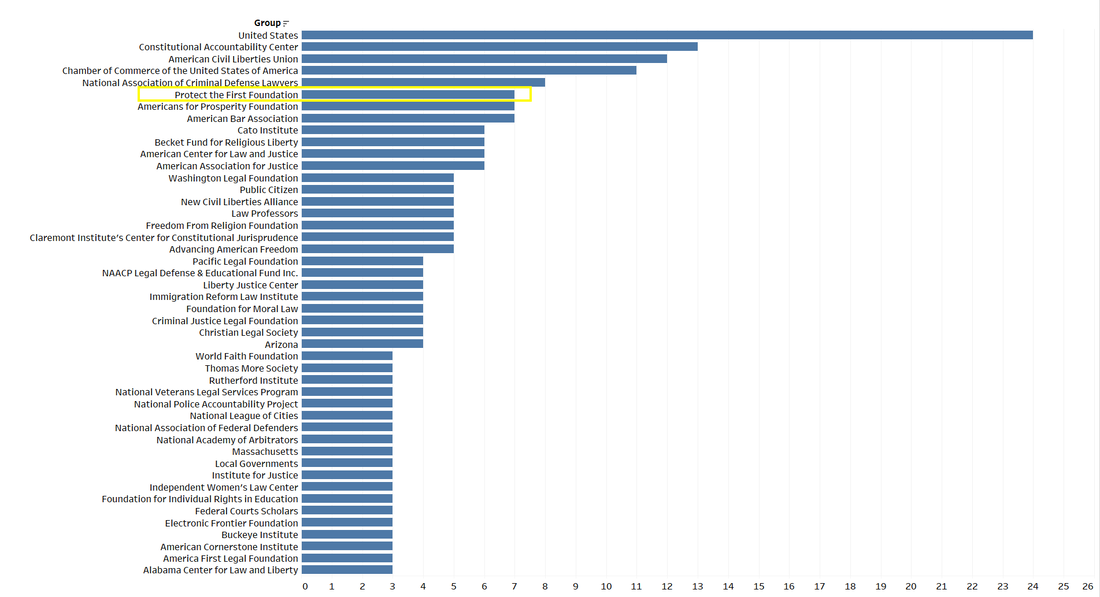
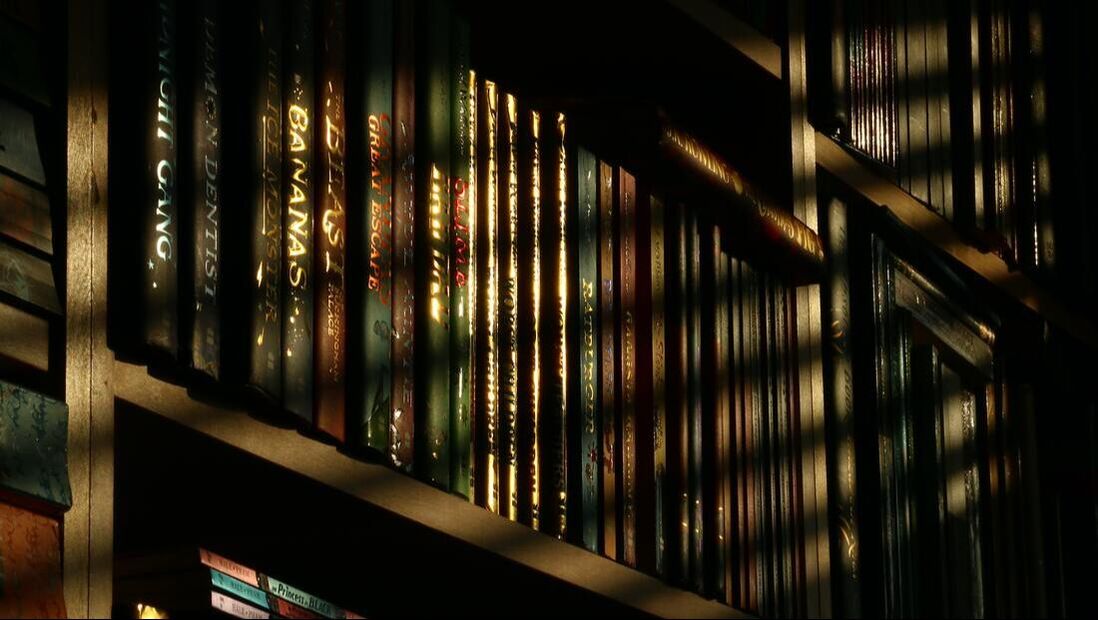
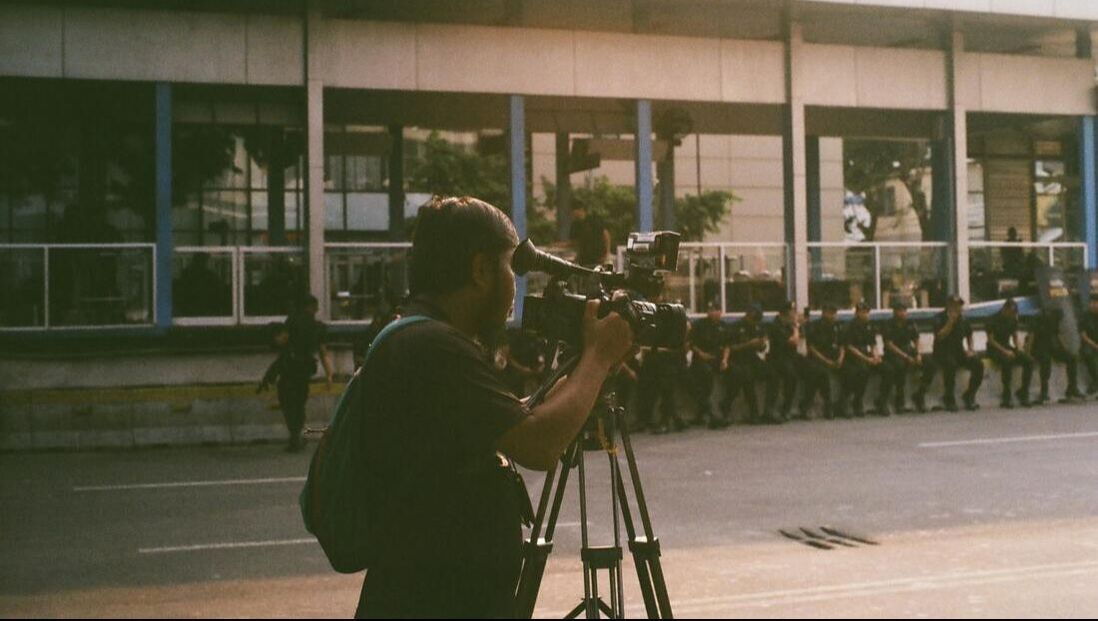
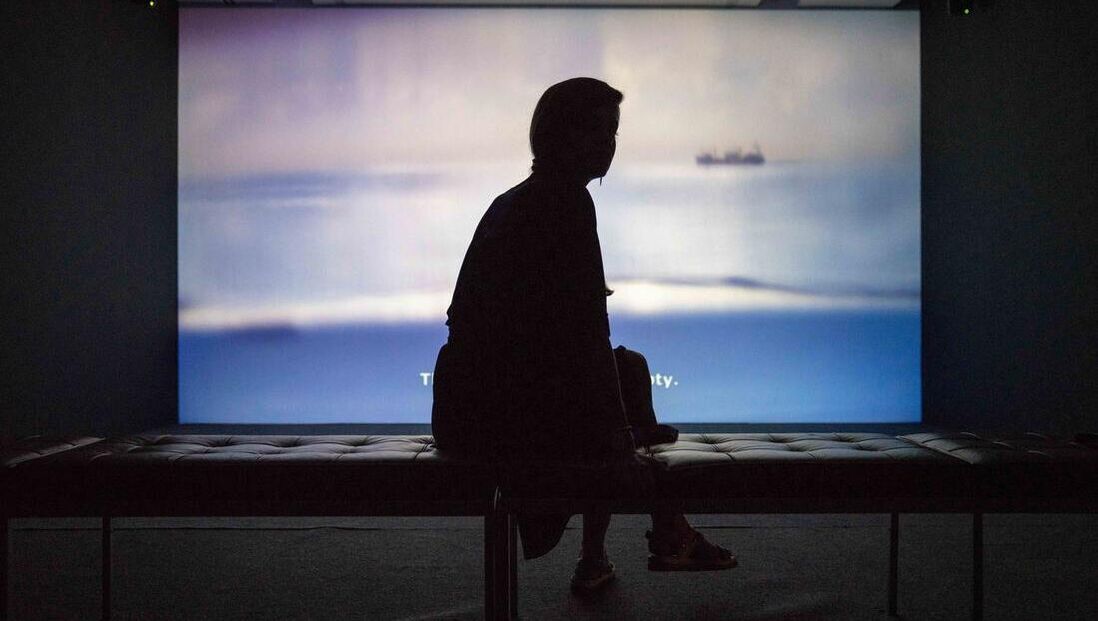
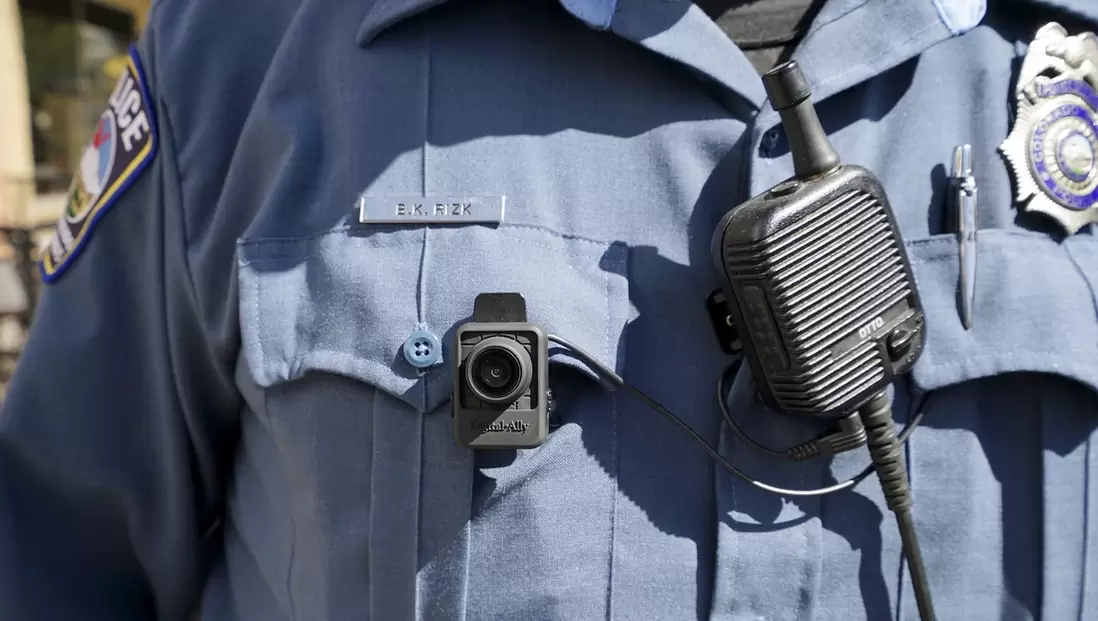
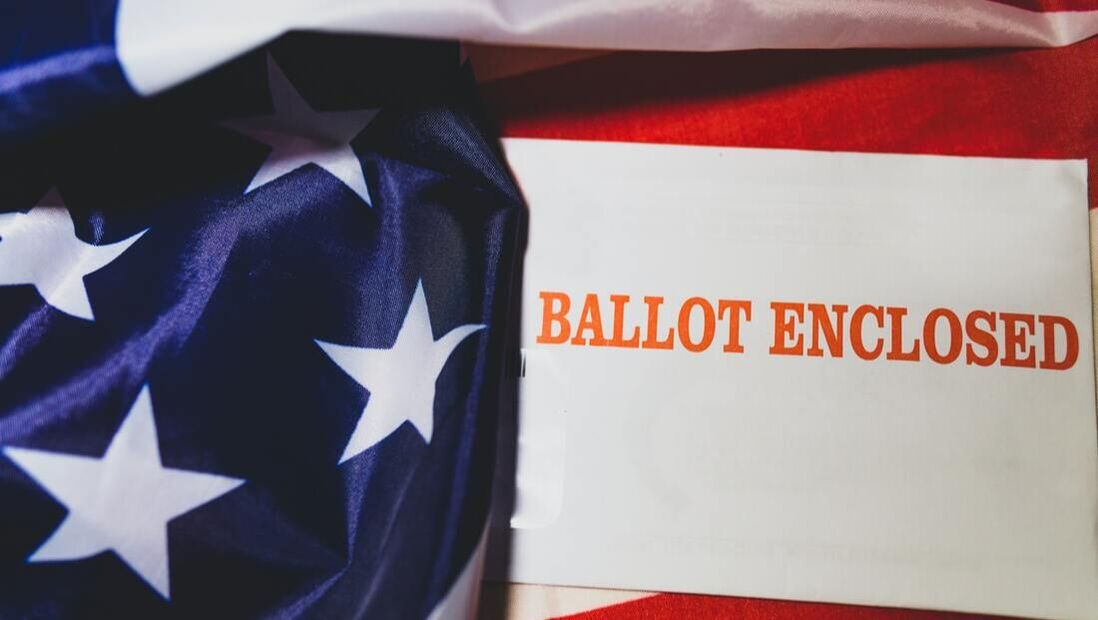
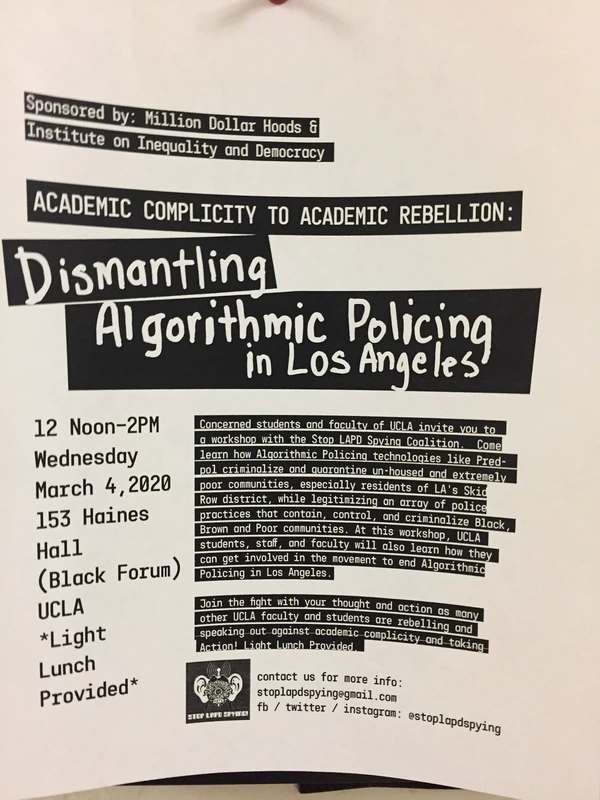
 RSS Feed
RSS Feed